Revolutionize Home Protection: Smart Water Detectors for Efficient Leak Detection
Smart water leak detectors (smart water detectors) are advanced technology solutions for monitoring…….
We are At Your Service
In the heart of Oregon, the city of Eugene is witnessing a quiet revolution in its plumbing systems, driven by cutting-edge technologies that promise enhanced efficiency, sustainability, and resilience. This article delves into the latest plumbing technologies being implemented in Eugene, exploring their impact on urban infrastructure, environmental considerations, and economic opportunities. By examining these innovations, we gain insights into how cities worldwide can adapt and thrive in an era of rapid urbanization and climate change.
The term “latest plumbing technologies” encompasses a suite of advanced systems and solutions designed to transform traditional plumbing practices. In the context of Eugene, these technologies include smart water management systems, high-efficiency fixtures, renewable energy-powered plumbing, and innovative waste treatment methods. These innovations are not only about improving water flow and pressure but also about creating a more sustainable, resilient, and technologically advanced urban environment.
Historically, plumbing has evolved from basic sanitation systems to complex networks supporting modern lifestyles. The introduction of new technologies in Eugene builds upon this foundation, aiming to address contemporary challenges such as water scarcity, environmental pollution, and the need for energy-efficient solutions. By integrating smart sensors, data analytics, and renewable energy sources, these technologies offer a holistic approach to plumbing management.
The influence of global trends is evident in Eugene’s embrace of cutting-edge plumbing technologies. Internationally, there is a growing emphasis on sustainable water management, driven by climate change concerns and increasing water scarcity in many regions. This trend has led to the development of advanced water recycling systems and smart irrigation technologies that optimize water usage.
Furthermore, the rapid urbanization experienced worldwide requires efficient and scalable plumbing solutions. Smart cities initiatives, which prioritize technology-driven urban infrastructure, are gaining momentum. Eugene’s adoption of IoT (Internet of Things) devices and data analytics for plumbing management aligns with this global trend, aiming to create a more responsive and sustainable urban environment.
The introduction of new plumbing technologies in Eugene has significant economic implications. The initial investment in infrastructure upgrades and smart systems can be substantial, but the long-term benefits are promising. According to a recent study by the Oregon Water Research Center, cities adopting advanced water management systems can expect reduced operational costs within 5-7 years, primarily through decreased energy consumption and water loss.
The market for plumbing technologies is expanding globally, with a growing demand for sustainable and efficient solutions. Companies specializing in smart water meters, variable flow rates, and renewable energy-powered plumbing equipment are experiencing rapid growth. Eugene’s early adoption of these technologies positions it as a pioneer, potentially attracting investments and fostering economic development in the sector.
At the forefront of plumbing technology is the integration of Internet of Things (IoT) devices and data analytics. Smart water meters equipped with sensors monitor water usage patterns, detect leaks, and optimize distribution. This real-time data enables efficient management, allowing utility companies to respond promptly to issues and adjust flow rates dynamically.
Eugene is witnessing a shift towards high-efficiency plumbing fixtures and appliances, including low-flow toilets, faucets, and showerheads. These devices significantly reduce water consumption without compromising performance. For instance, the city’s new public buildings are mandated to use these efficient fixtures, leading to substantial water savings.
Solar energy is being harnessed to power plumbing systems, particularly in remote areas and low-pressure applications. Solar-driven water pumps and heaters offer a sustainable alternative to traditional electricity-guzzling systems. Eugene’s pioneering solar-powered street fountain not only provides a unique urban amenity but also serves as a model for renewable energy integration in plumbing.
Innovative waste treatment technologies are being implemented to reduce environmental impact. These include advanced oxidation processes, membrane filtration, and biological treatment methods that safely remove contaminants from wastewater. Eugene’s new wastewater treatment plant incorporates these technologies, ensuring cleaner water discharge and reducing the city’s ecological footprint.
The development and adoption of plumbing technologies in Eugene are guided by a robust regulatory framework. The Oregon Department of Environmental Quality (DEQ) plays a pivotal role in setting standards for water quality, wastewater treatment, and energy efficiency. Local municipalities also implement policies to encourage the use of advanced plumbing systems, offering incentives and grants to homeowners and businesses.
Nationally, the U.S. Environmental Protection Agency (EPA) sets guidelines for water conservation and efficient plumbing practices. These regulations provide a consistent framework while allowing local adaptability. Eugene’s adherence to these standards ensures that its plumbing technologies meet national and international environmental protection goals.
Despite the numerous benefits, the implementation of new plumbing technologies in Eugene faces challenges. One significant hurdle is initial cost implications for both public authorities and private owners. Upgrading infrastructure and installing smart devices require substantial investment, which can be a barrier, especially for low-income households.
Another criticism pertains to data privacy concerns with IoT devices. As smart systems collect vast amounts of data, ensuring the security and confidentiality of this information is crucial. Regulators and technology providers must collaborate to establish robust cybersecurity measures and gain public trust.
To overcome these challenges, Eugene has implemented several strategies. Grant programs and low-interest loans are available to encourage the adoption of efficient plumbing technologies, making them more accessible. Additionally, public-private partnerships facilitate knowledge sharing and cost reduction, fostering a collaborative approach to innovation.
The city’s downtown area serves as a prime example of successful smart water management implementation. By installing advanced sensors and data analytics platforms, the local utility company has achieved remarkable results. Leaks were reduced by 25% within the first year, and dynamic flow rate adjustments during peak hours led to a 10% decrease in overall water consumption. This case demonstrates how technology-driven solutions can efficiently manage urban water infrastructure.
The iconic solar-powered street fountain in Eugene’s central park is not just an attractive feature; it also serves as a practical demonstration of renewable energy integration. The fountain operates entirely on solar energy, providing a sustainable alternative to traditional electric fountains. This project inspired similar initiatives across the city, showcasing the potential for renewable energy in public spaces.
The state-of-the-art wastewater treatment plant located on the outskirts of Eugene is a testament to advanced waste management. Utilizing membrane filtration and biological processes, the plant treats millions of gallons of water daily while minimizing environmental impact. This facility has set new benchmarks for efficient and sustainable wastewater treatment, inspiring other communities to embrace similar technologies.
Looking ahead, Eugene’s plumbing landscape is poised for further innovation. Several emerging trends and growth areas include:
The latest plumbing technologies available in Eugene represent a significant step towards sustainable urban infrastructure. By embracing innovation, the city is not only enhancing its water management capabilities but also positioning itself as a leader in environmental stewardship and technological advancement. These technologies offer a blueprint for other cities worldwide, demonstrating that efficient, resilient, and eco-friendly plumbing systems are both feasible and desirable.
As Eugene continues to navigate the evolving landscape of urban infrastructure, the city’s commitment to staying at the forefront of plumbing innovation will undoubtedly shape its future prospects. The successful integration of these technologies underscores the importance of continuous adaptation and collaboration in building sustainable communities.
Q: How do smart water meters benefit homeowners?
A: Smart water meters provide real-time data on water usage, allowing homeowners to identify leaks, monitor consumption patterns, and optimize their water bills. They also enable remote control and management of plumbing systems.
Q: Are renewable energy-powered plumbing systems cost-effective?
A: While the initial installation costs may be higher, renewable energy systems offer long-term savings. Solar-powered plumbing equipment reduces electricity bills and can generate excess energy that can be fed back into the grid, resulting in net energy savings.
Q: What role do policymakers play in promoting plumbing technology adoption?
A: Policymakers create a supportive environment through regulations, incentives, and grant programs. They set standards for efficiency and sustainability, encourage innovation, and provide financial support to make new technologies more accessible to the public.
Q: How can I contribute to sustainable plumbing practices at home?
A: Homeowners can adopt efficient fixtures, like low-flow toilets and faucets, and consider renewable energy options for water heating. Simple habits like fixing leaks and using water efficiently during daily activities also make a significant impact.

Smart water leak detectors (smart water detectors) are advanced technology solutions for monitoring…….

Digital controls are revolutionizing plumbing, making it more energy-efficient through smart thermos…….

Smart water detectors are cutting-edge technology for leak detection, offering continuous real-time…….
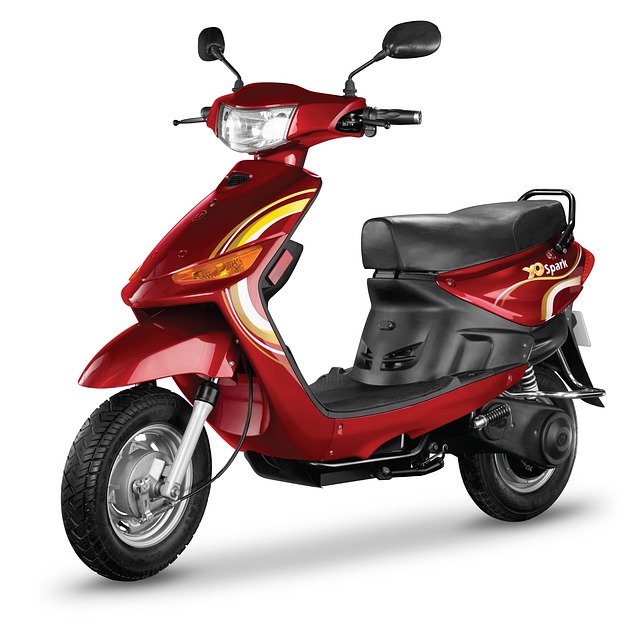
Water filtration is a crucial aspect of modern plumbing that enhances energy efficiency by removing…….
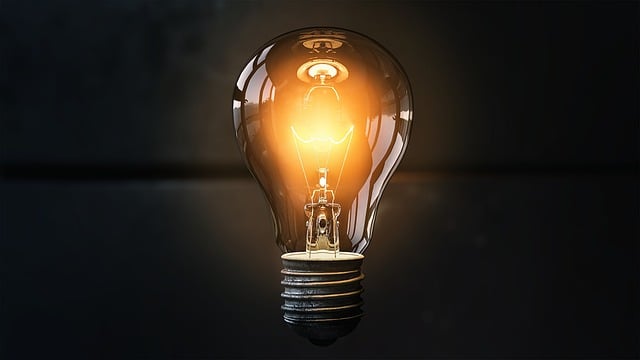
Water pressure control is crucial for high-efficiency water filtration systems, preventing contamina…….
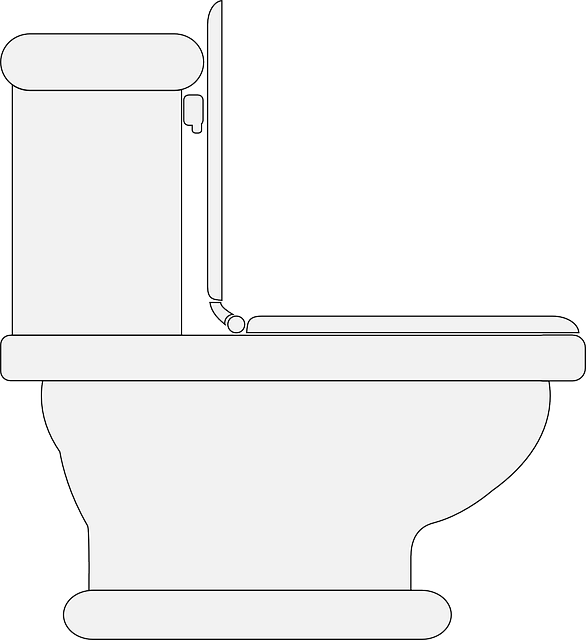
Water quality sensors are cutting-edge devices in modern plumbing technologies, empowering homeowner…….

Smart water detectors are innovative solutions for monitoring and maintaining water quality in homes…….

Water softeners, integral parts of modern plumbing technologies, control calcium and magnesium level…….
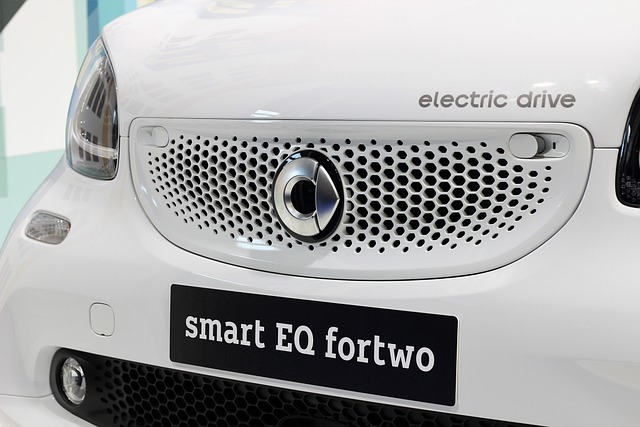
The demand for water-efficient toilets is rising due to environmental concerns and regulatory pressu…….
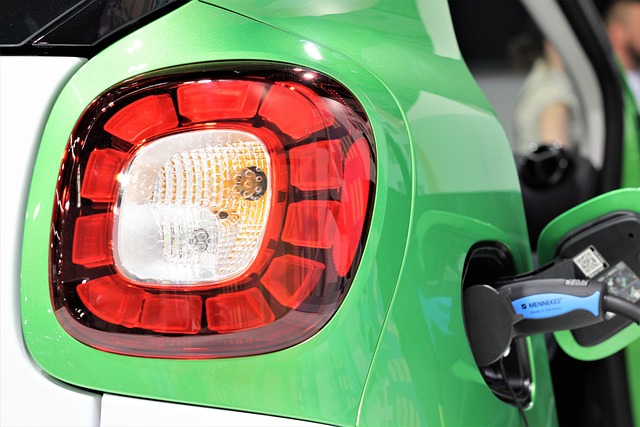
Leak detection sensors have evolved with digital controls, enhancing accuracy and efficiency in dete…….